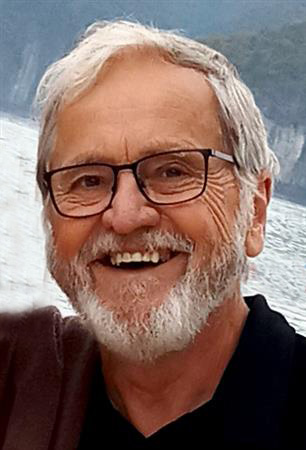
David Campbell from the Rotary Club of Maketu spoke of his personal journey with Prejudice and Racism.
David was born and raised in Butler, Pennsylvania, U.S.A. His journey took him to Wisconsin, California, Fiji, and New Zealand
In Butler, which was known for its steel manufacturing and coal mining, he described widespread prejudice related to one's religion, ethnicity, and what part of town they lived in. He shared how, as a child, he learned to embrace this prejudice and to assume it was normal and acceptable.
From Butler he shifted to Mineral Point in Wisconsin. There racism took on another dimension of rural prejudice based on a limited contact with other races and cultures. White supremacy was very present, but not noticed, and once again derogatory racist comments were a part of everyday life.
Next place of residence was California and there David was introduced to anti-Hispanic prejudice and the many erroneous assumptions that came with it..
From the United States of America their next place of residence was Fiji. In Fiji he discovered prejudice and racism was rife also. Indigenous-Fijians had their version of prejudice against Indo-Fijians, and the reverse was also true. And Expats joined in their version of prejudice against both indigenous and indo-Fijians as well as the wide range of cultures and races that lived in Fiji. In Fiji he experiences a very segregated society where one's race, religion, and culture largely determined where you lived, who you married, which school you attended, what sports you played, who you associated with and where you worshiped.
But in Fiji he also discovered Rotary. He joined the Rotary Club of Fiji which was made up many races and cultures. And he saw in Rotary a unique environment for changing prejudice and racism, A community based on putting others before ourselves, of "Service above Self", And an organisation with a "4-Way-Test" that measured how we are doing and, when applied, made it very difficult to maintain prejudice and racism.
When they arrived in New Zealand, they encounter new versions of racism and prejudice. The Land Agent who explained why they wouldn't want want to live in Maketu. When they decided to sell the Diary, there were people in the community telling them not to sell to Indians. And in New Zealand he found a growing anti-Asian prejudice.
He also had an unexpected personal encounter with prejudice. He discovered what it was like to be an immigrant. In sharing his experience as an immigrant, he emphasised that his experience was "light weight" compared to immigrants of colour.. David said that he is a proud Kiwi and a grateful Immigrant, and he is grateful that being an immigrant had made him more understanding of those whose DNA and culture place them in a far more hurtful world than he would ever know, .
He spoke of the response of New Zealand to the tragedy in Christchurch. And how the incident forced us to come to terms with our prejudice toward a culture and religion different than our own.. And how our response to the shooting was an outpouring of grief and solidarity with the very people who had been the object of our prejudice and racism. He pointed out we had become a beacon to the world. But then he asked, "Have we become a beacon to ourselves?" Has Christchurch caused us to pay more attention to prejudice and racism in our own lives or has it only given us a false sense of harmony?"
David finished his thought-provoking comments by acknowledging that his journey with racism and prejudice was not that of an observer but as a participant. He said "I have to own my journey, and I have to acknowledge my contribution to the presence of prejudice and racism in my world, my nation, my community. Only I can change me.".
